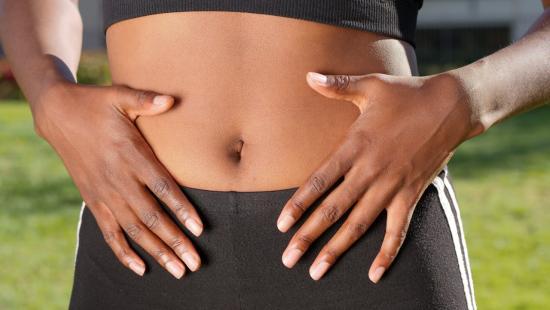Gut Microbes Key to How Exercise Boosts Cancer Immunity?
Gut microbes prove key to understanding how exercise boosts cancer immunity.
A new study from the University of Pittsburgh shows for the first time how exercise improves cancer outcomes and enhances response to immunotherapy in mice by reshaping the gut microbiome.
The research, published recently in the journal Cell, found that these benefits are driven by a specific compound called formate, which is produced by gut bacteria in exercised mice and was also associated with better outcomes in patients with melanoma.
“We already knew that exercise increases the effectiveness of cancer immunotherapies, and we separately knew that exercise changes the microbiome in mice and humans,” said senior author Marlies Meisel, Ph.D., assistant professor in the Department of Immunology at the Pitt School of Medicine and affiliated with UPMC Hillman Cancer Center. “This study connects those dots by showing how exercise-induced changes in the gut microbiome boost the immune system and enhance immunotherapy efficiency via formate. These findings open the door to new therapeutic strategies targeting the microbiome.”
Lead author Catherine Phelps, a Graduate Program in Microbiology and Immunology student in Meisel’s lab, and the research team started by comparing mice that had completed four weeks of regular exercise to those that remained sedentary. The exercised animals had smaller tumors and better survival when challenged with an aggressive form of melanoma. But these benefits disappeared when they used germ-free rodents or treated the mice with antibiotics that killed off their gut microbiome.























